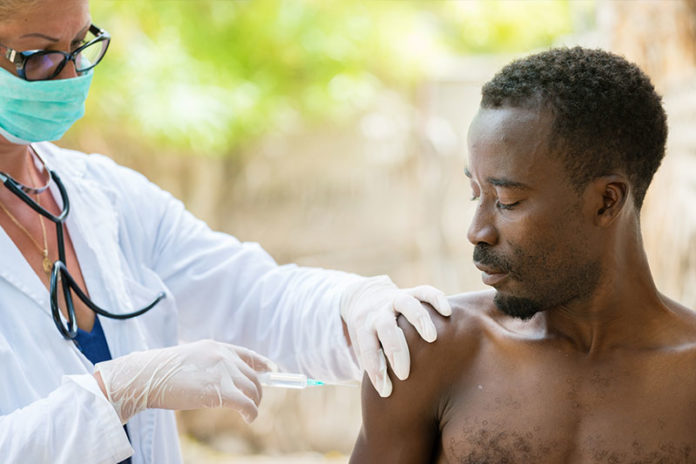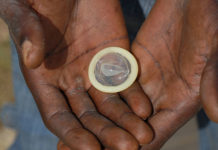Well, Ebola’s back again.
And it’s already killed 26 people in the Democratic Republic of the Congo. And 46 people are suspected to have contracted the disease, or a very similar illness.
The DRC’s Health Ministry has confirmed that they are indeed facing what appears to be an Ebola outbreak. Their statement early Sunday said that so far 21 cases have been confirmed as Ebola, with a further 21 cases being treated as probably Ebola, and another four only suspected to be.
Although it’s the most news-grabbing viral hemorrhagic fever, Ebola is only one of many such illnesses, and doctors aren’t sure yet whether this outbreak of cases is all Ebola related, or a mix of several similar diseases.
That said, there was a confirmed Ebola case on Friday in Mbandaka City. Mbandaka City has a population of more than a million people, and Congolese government workers expressed concern that the disease has spread so quickly from the rural areas it usually affects to an urban environment.
The government of the DRC is shipping 4,000 doses of an experimental vaccine to Mbandaka, but it remains to be seen whether they will be effective given that they need to be kept cold during storage.
Infrastructural and organizational issues in Mbandaka could make that a challenge. Plus, 4,000 vaccines is not going to make much of a dent in a city of a million people.
Although the World Health Organization met in an emergency committee on Friday, they decided the situation in the DRC was not yet significant enough to justify a public health emergency response. But the WHO did warn that nine neighboring countries are at risk of being impacted by the outbreak.
The last major outbreak of Ebola in West Africa in 2015 killed more than 11,000 people. That was the largest such recorded outbreak since the discovery of the disease in 1976. Prior outbreaks had never killed more than a few hundred.
That 2015 outbreak became so massive largely because infected individuals were allowed to travel large distances throughout Africa while showing symptoms of the disease. Because of this travel by a small number of victims, the disease spread faster than health officials could keep up with it.
Meanwhile, this new outbreak in the DRC has already spread to urban environments, where population clusters are very large and densely packed. Urban areas are also hubs for travel. An outbreak in a city would almost certainly spread rapidly across the region.
All of this has health officials justifiably worried, but so far the WHO seems to think that things are under control. Let’s hope they remain that way.






























